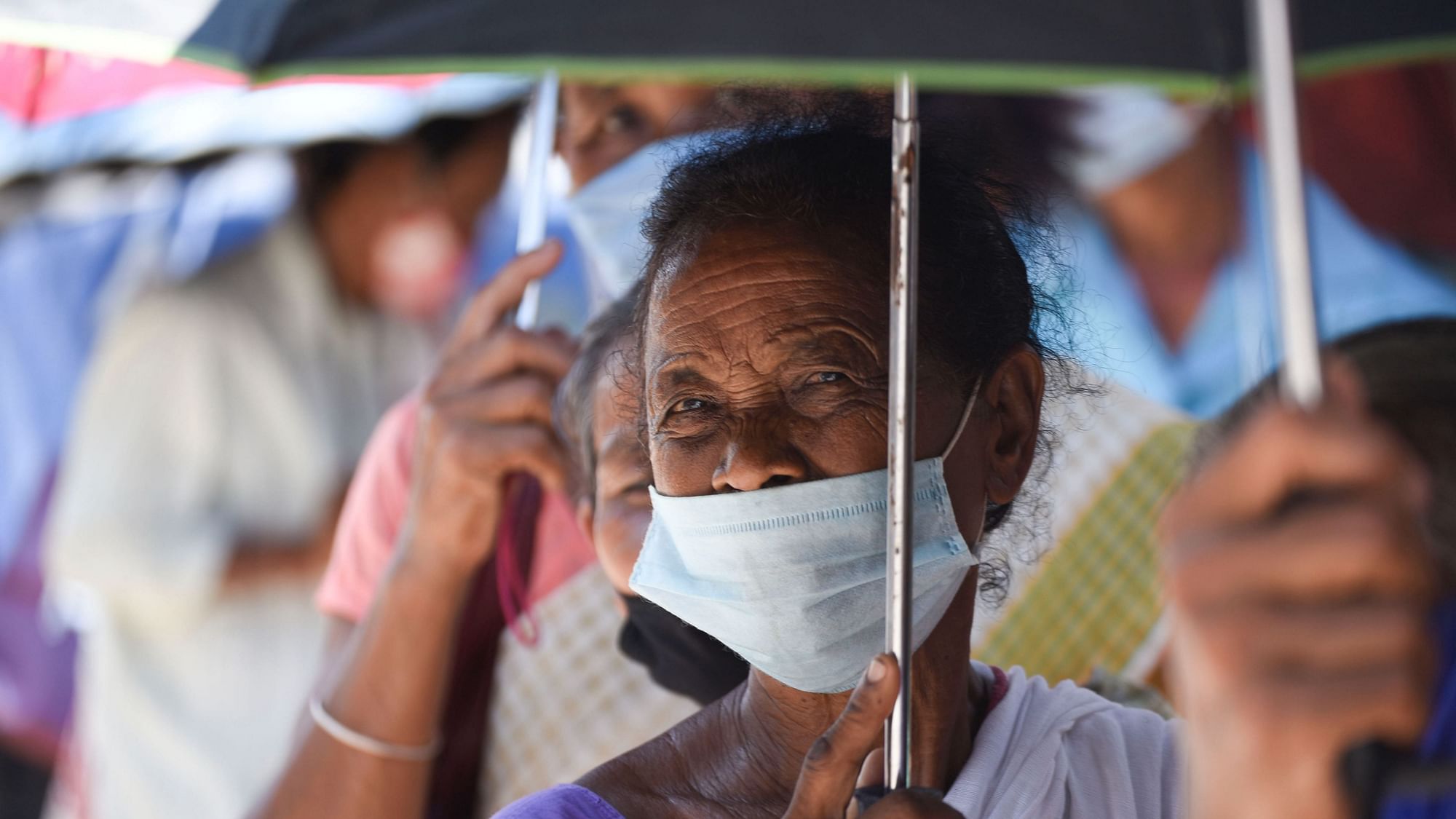The ongoing pandemic has revealed that the health systems are unprepared to cope with any significant health emergency and its unequal impact on the marginalised section. The rapid survey by Oxfam India demonstrates that the health status of a group of people is contingent upon the socio-economic position it holds. The trends of various health indicators across the socio-economic groups that the report has studied indicate that despite a considerable reduction in the gap between the privileged and the marginalised, inequality persists.

Oxfam India undertook two rapid surveys on Patient “s Rights Charter and COVID-19 vaccination through self-administered questionnaires, covering 28 states and 5 Union territories; as such, this bears the limitations arising from it being a self-selected sample. The former was done between February and April 2021 and received 3890 responses, while the latter was done between August and September 2021, covering 10,955 respondents.
The surveys show that the fundamental rights of patients in India are being routinely denied in healthcare facilities for the poor and middle class alike. Skewed power dynamics concerning class, caste, religion, and gender between the healthcare providers and patients deepen existing structural inequalities in the healthcare system.

Some of the key findings include –
Right to Confidentiality, Human Dignity and Privacy: Over a third of women (35%) said that they had to undergo a physical examination by a male practitioner without another female present in the room.
Right to Information: 74% of people said that the doctor wrote the prescription or treatment or asked them to get tests/investigations done without explaining their disease, nature and cause of illness.
Right to Informed Consent: More than half of the respondents (57%) who were themselves/their relatives had been hospitalised did not receive any information about investigations and tests being done.
Right to Second Opinion: At least a third of respondents who had themselves/their relatives hospitalised said their doctor did not allow a second opinion.
Right to Non-Discrimination: A third of Muslim respondents and over 20% of Dalit and Adivasi respondents reported feeling discriminated against based on their religion or caste in a hospital/by a healthcare professional.
Right to Choose Source of Obtaining Medicine or Test: 8 in 10 respondents were asked only to get tests/diagnostics from one place.
Right to Transparency in Rates and Care According to Prescribed Rates: 58% of those who had themselves/their relatives hospitalised said that they didn’t get an estimated cost of treatment/procedure before treatment/procedure began. Three in every ten people surveyed reported not getting access to case papers, patient records, investigation reports for treatment/procedure by the hospital even after requesting the same.
Right to Take Discharge of Patient or Receive Body of Deceased from the Hospital: 19% of respondents who ere kins of the patients said the hospital denied the release of the dead body on time.
In June 2019, the Union Health ministry wrote to all states to notify and implement the charter of patient’s rights, but both the surveys point to the gross violation of these rights.

The critical factor that is the social and economic inequalities in the society is not given due importance when it comes to policy. However, addressing them is crucial to achieving health equality. Instead, India’s healthcare sector saw an increase in private healthcare providers, whereas public healthcare dwindled. Moreover, the government’s investment in public healthcare has only been towards providing secondary and tertiary care. Therefore, primary health care remains underfunded, which the health community has accepted as the cornerstone for an equitable health system. The quality of care and available facilities stay below the threshold, which should be the primary focus of correction.
There need to be robust grievance redressal systems at the PHC level so that our healthcare becomes responsive to the individual needs and contexts, and regulations related to non-discrimination should be enforced. Robust public healthcare stands on the pillars of inclusivity, and access to healthcare is a fundamental right beyond the compartments of caste, creed, religion, and socio-economic status. The government should be committed to ensuring the same.












